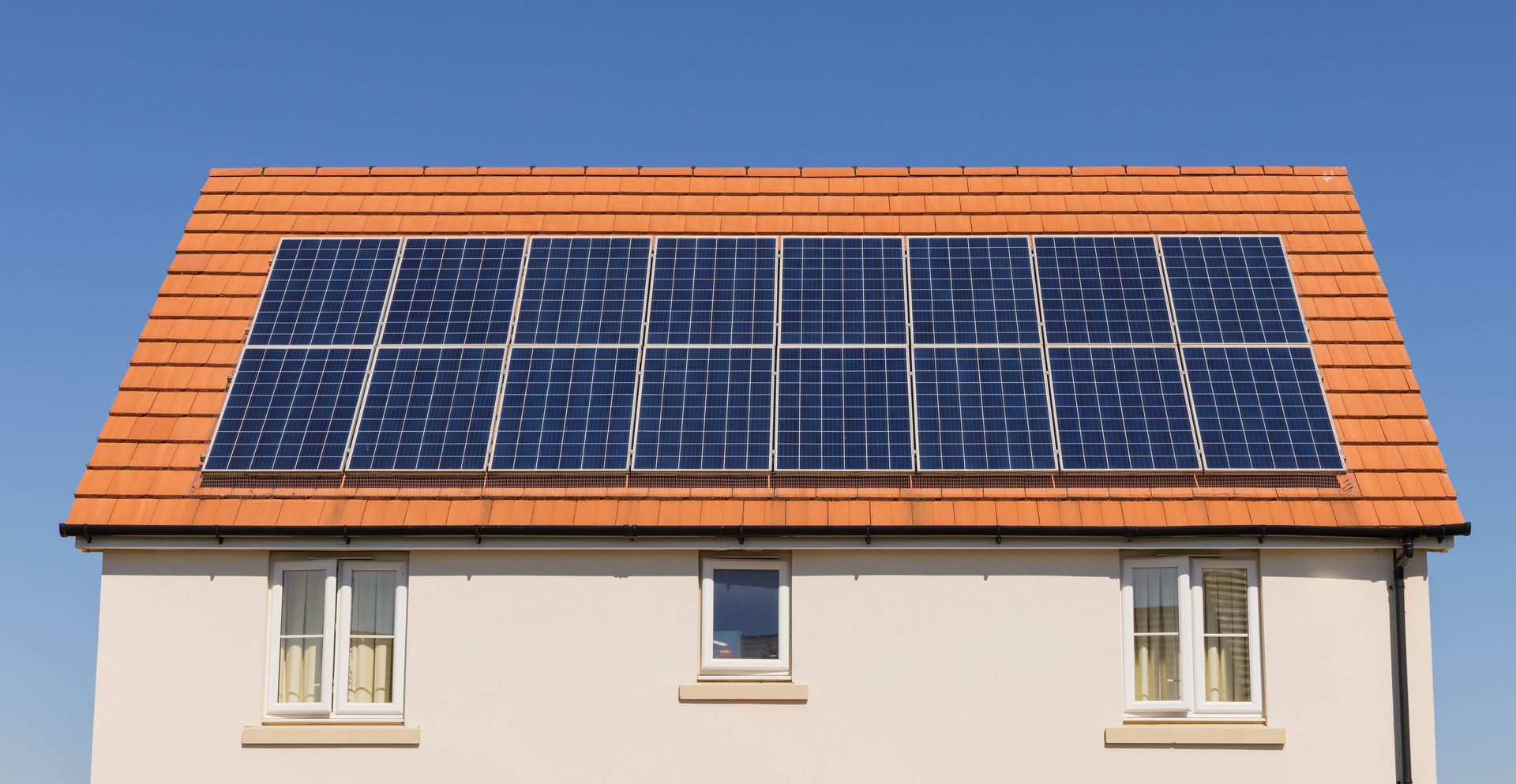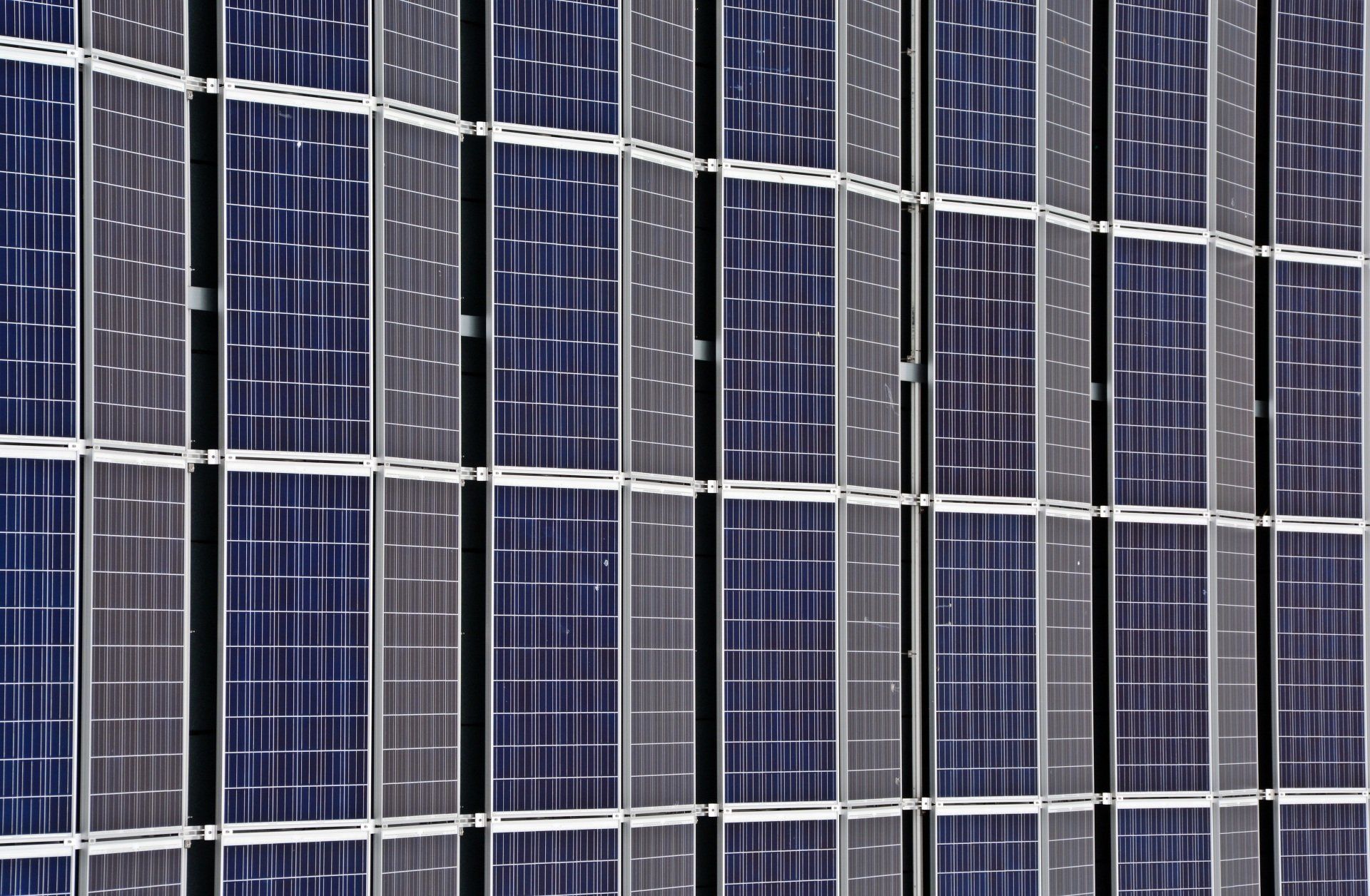Why Do We Use Pylontech Batteries?
Pylontech batteries are becoming increasingly popular in the renewable energy industry due to their numerous benefits. Here are some of the advantages of using Pylontech batteries:
High Energy Density: Pylontech batteries use advanced lithium iron phosphate (LiFePO4) technology, which has a high energy density compared to other battery chemistries. This means that they can store more energy in a smaller space, making them ideal for applications where space is limited.
Long Lifespan: Pylontech batteries are designed to have a long lifespan of up to 10 years or more, depending on usage and maintenance. This makes them a cost-effective option for energy storage as they do not need to be replaced as often as other types of batteries.
Low Maintenance: Pylontech batteries require minimal maintenance compared to other types of batteries. They have an advanced battery management system that monitors and controls battery performance, ensuring that the battery operates within safe limits and optimizes its performance to maximize its lifespan and efficiency.
Modular Design: Pylontech batteries have a modular design, which allows for easy installation and expansion. They can be connected together in parallel or series to create larger energy storage systems, making them a versatile option for a variety of applications.
Versatile: Pylontech batteries are compatible with a wide range of inverters and energy management systems, making them a versatile choice for both new and existing solar power installations. They can be used for a variety of applications, including off-grid systems, grid-tied systems with backup power, and peak shaving to reduce electricity bills.
Environmentally Friendly: Pylontech batteries are an environmentally friendly option for energy storage. They do not emit harmful pollutants or greenhouse gases, and they can be recycled at the end of their lifespan, reducing waste and minimizing their impact on the environment.
Comprehensive Warranty: Pylontech batteries come with a comprehensive warranty that covers both the battery and the battery management system. This gives users peace of mind knowing that their energy storage system is backed by a reliable and trustworthy company.
In conclusion, Pylontech batteries offer numerous benefits, including high energy density, long lifespan, low maintenance, modular design, versatility, environmental friendliness, and a comprehensive warranty. With their advanced technology and reliability, Pylontech batteries are a top choice for anyone looking to store excess energy generated by solar panels or other renewable energy sources.
Get a quote today!



Ready to get in touch?
Unit 21, Industrial Estate, Old Church Road, East Hanningfield, Essex, CM3 8AB
Expert EV & Expert Solar are trading styles of Expert Energy Group Limited.
www.expertenergygroup.co.uk
Company No: 13349877
VAT No: 383 7414 76
Expert Energy Group Limited

